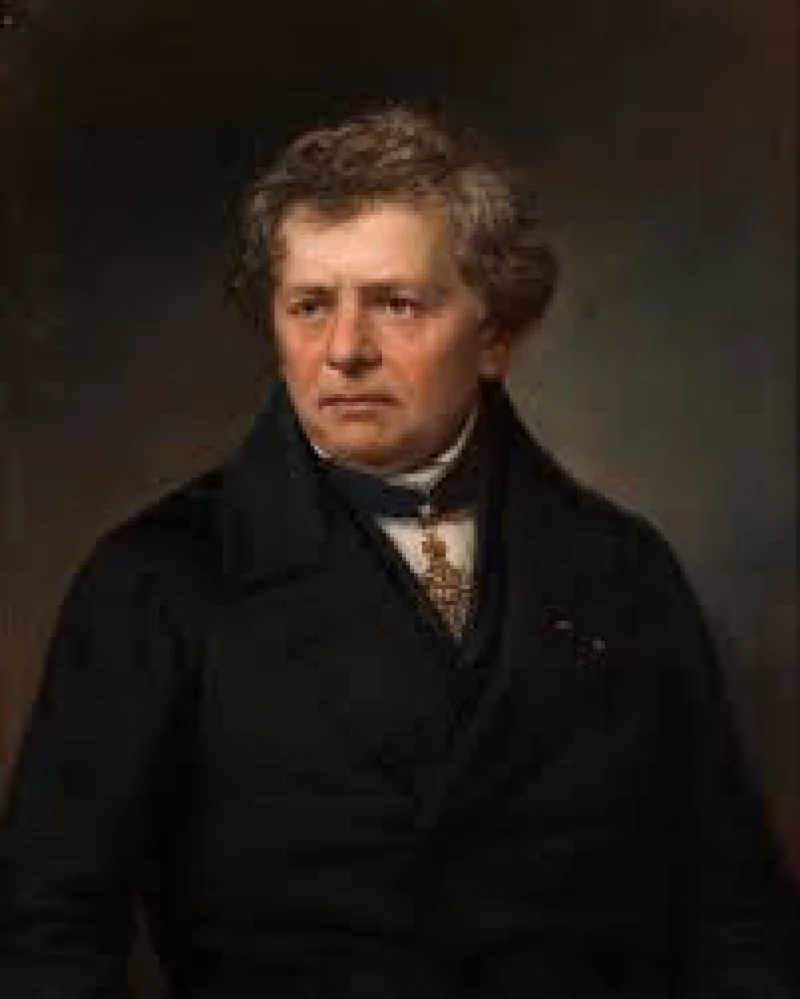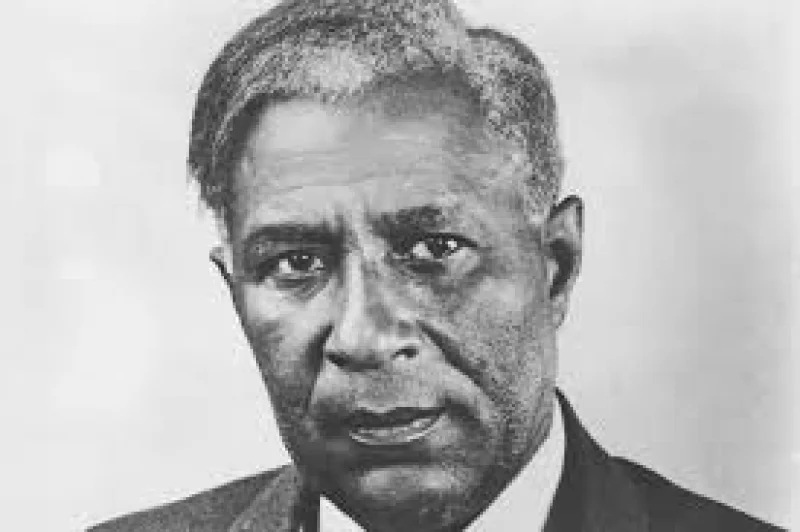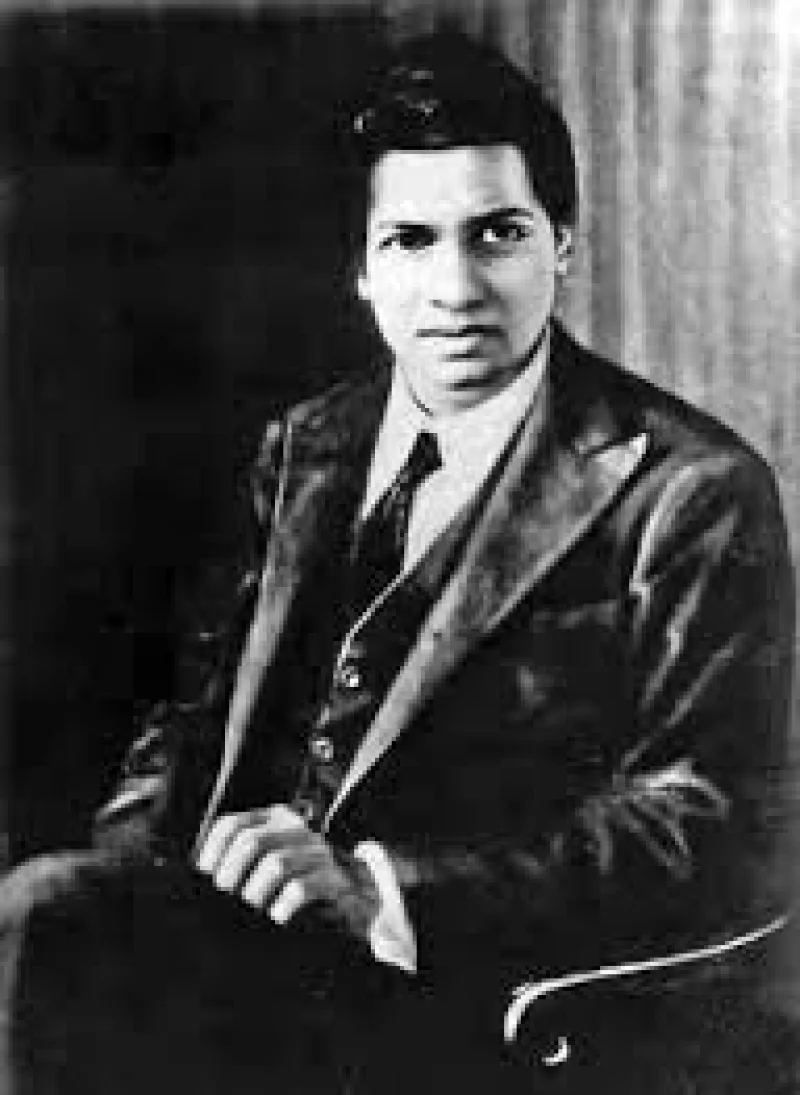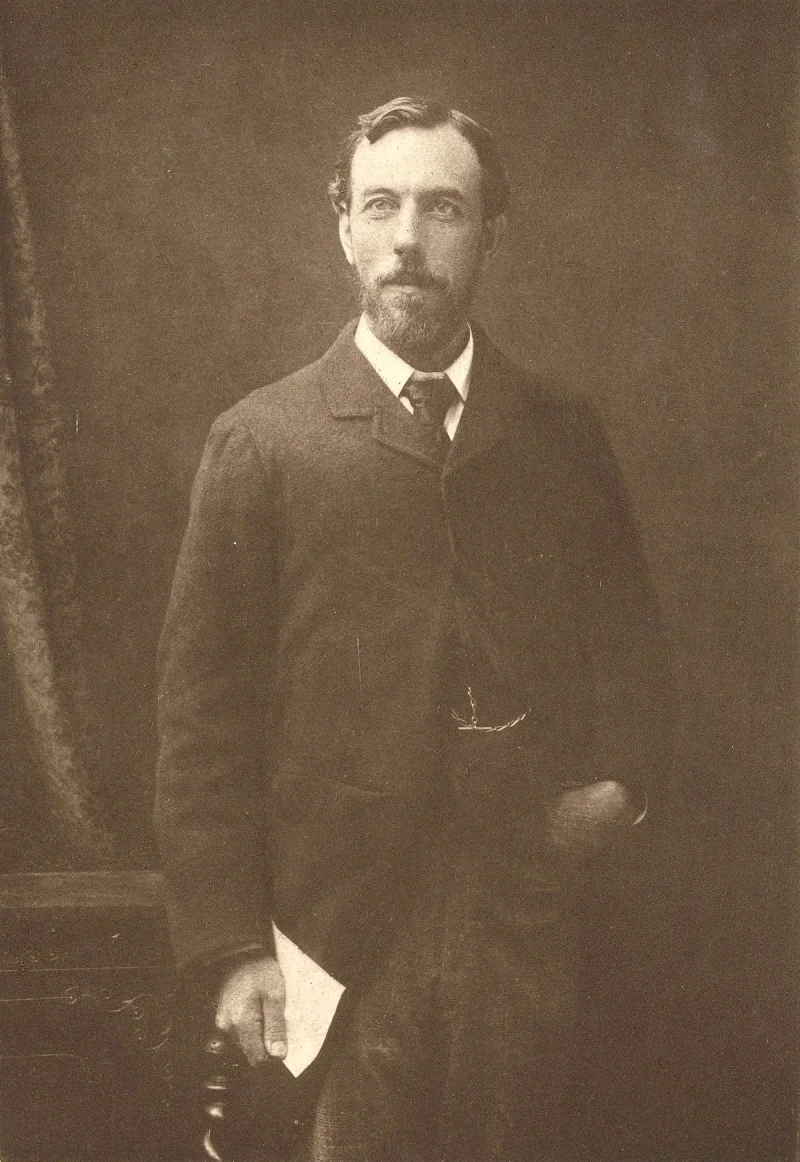Short Summary
Georg Ohm was a German physicist and mathematician known for formulating Ohm's Law, a fundamental principle in the field of electronics and electrical engineering. His work established a relationship between voltage, current, and resistance, which has become essential for understanding and designing electrical circuits. Ohm's contributions laid the groundwork for future advancements in electrical theory and technology, earning him recognition and acclaim in the scientific community.
Early Life & Education
Born on March 16, 1789, in Erlangen, Bavaria, Georg Simon Ohm was the son of a master locksmith and a tailor. Despite his family's modest means, his father placed a high value on education and personally taught Georg and his siblings. Ohm attended the University of Erlangen, where he studied mathematics, physics, and philosophy. His academic journey was influenced by notable figures such as Karl Christian von Langsdorf and Georg Friedrich von Reichenbach, who encouraged him to pursue his interest in the physical sciences.
Career Highlights
Georg Ohm began his career as a mathematics teacher in various schools across Germany. In 1825, while teaching at the Jesuit Gymnasium of Cologne, he conducted experiments with electrical circuits, leading to the formulation of Ohm's Law. His groundbreaking work was published in 1827 in a book titled "Die galvanische Kette, mathematisch bearbeitet" (The Galvanic Circuit Investigated Mathematically). Despite initial resistance and skepticism from the scientific community, his findings eventually gained recognition. In 1833, Ohm secured a position at the Polytechnic School of Nuremberg and later became a professor at the University of Munich in 1852.
Major Achievements
- Formulated Ohm's Law, which describes the relationship between voltage, current, and resistance.
- Published "Die galvanische Kette, mathematisch bearbeitet," a seminal work in electrical science.
- Received the Copley Medal from the Royal Society of London in 1841 for his contributions to physics.
- Became a professor at the University of Munich, where he continued to influence the field of physics.
Famous Quotes
- "Resistance is not futile." (Though not a direct quote, it captures the essence of Ohm's contribution.)
Interesting Facts
- Ohm initially faced criticism and lack of recognition for his work, which was only fully appreciated years later.
- Ohm's Law is fundamental to the operation of electrical circuits and is taught in physics and engineering courses worldwide.
- The unit of electrical resistance is named the "ohm" in his honor.
Legacy / Influence
Georg Ohm's work has had a lasting impact on the field of electrical engineering and physics. Ohm's Law is a foundational principle that continues to be used in the design and analysis of electrical circuits. His contributions have influenced the development of technologies that power modern life, making him a pivotal figure in the history of science and engineering.
FAQ
Q: Why is Georg Ohm famous?
A: He is famous for formulating Ohm's Law, which describes the relationship between voltage, current, and resistance in electrical circuits.
Q: What is Ohm's Law?
A: Ohm's Law states that the current through a conductor between two points is directly proportional to the voltage across the two points and inversely proportional to the resistance.
Q: What is the unit of measurement named after Ohm?
A: The unit of electrical resistance is named the "ohm" in his honor.













